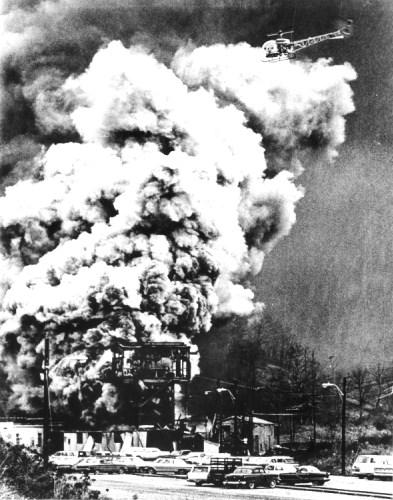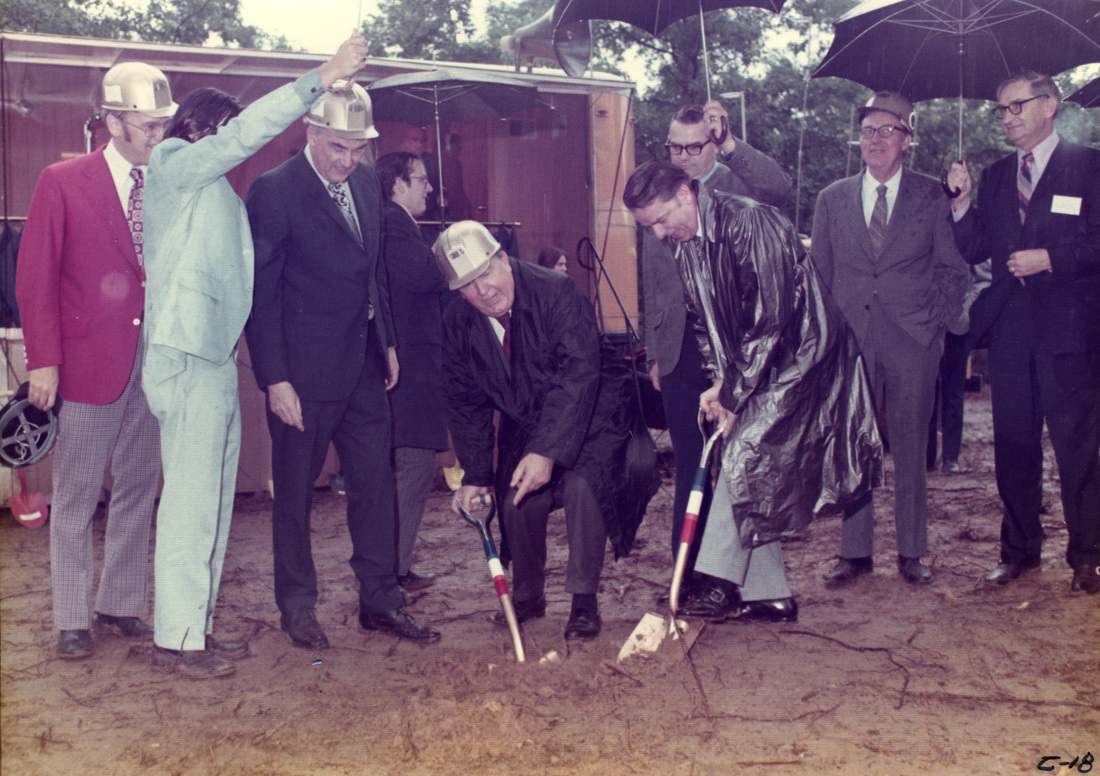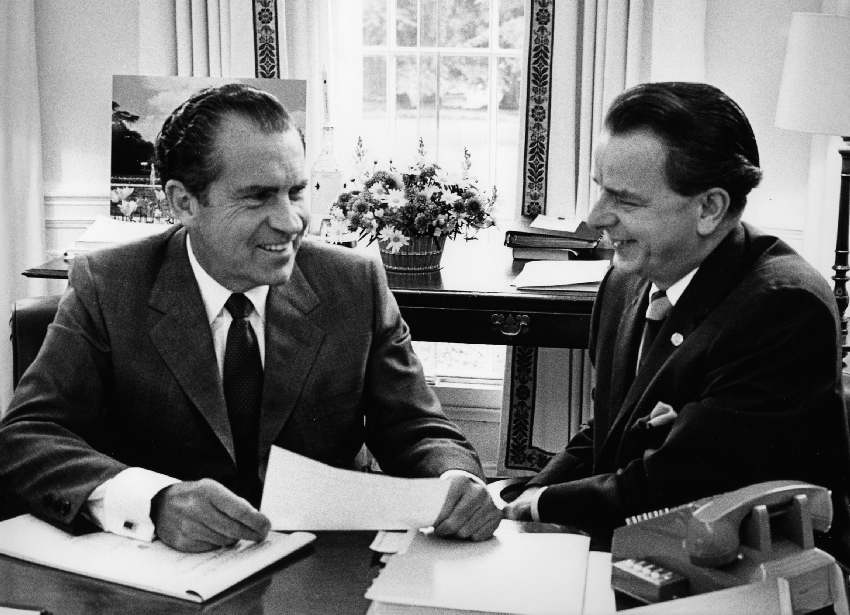As the 91st Congress set to work in 1969, Senator Byrd delivered a speech on the need for improved mine safety. In the speech, he stated "the tragic coal mine explosion that occurred last November near Farmington, WV has made it certain that this session of the Congress will consider several new proposals for coal mine health and safety legislation." Senator Byrd called for increased federal funding to develop safe mine technology that would enhance the industry and the conditions for its workers. Seven months after his speech, Senator Byrd's requests were realized in the Federal Coal Mine Health and Safety Act, introduced in the senate on September 17, 1969 by New Jersey Senator Harrison Williams. The bill progressed quickly through both chambers of congress and was signed into law by President Richard Nixon on Christmas Eve 1969. The law provided federal aid for miners who were disabled on the job, called for new safety standards in mines, and imposed fines for violation of safety codes, calling for annual inspections of all mines (twice a year for surface mines and four times a year for underground mines). The law also established the Mine Enforcement and Safety Administration (later renamed the Mine Health and Safety Administration). Among the most immediate changes to come as a consequence of the new legislation was the establishment of a Mine Health and Safety Academy, located just outside of Beckley, West Virginia in the state's southern coalfields. On July 29, 1972, Senators Robert Byrd and Jennings Randolph broke ground for a permanent academy which was ultimately completed in 1976. However, despite the new federal emphasis on mine safety and regulation, the 1969 law did not provide a comprehensive safety net for miners, especially those who suffered from black lung and similar respiratory diseases. Just two years after the original legislation passed, Senator Byrd was at work seeking increased federal protection and aid for disabled miners. In a letter to President Nixon dated May 10, 1972, Senator Byrd urged President Nixon to support his new black lung amendment, stating that the legislation would "correct the inadequacies, shortcomings, and oversights of that Act [the Federal Coal Mine Health and Safety Act of 1969]." However, the battle for black lung benefits dragged on through the summer and into the fall of 1972. A staff memo from September 1972 relates the frustration over the president's lack of support for black lung research funding. However, as the note on the memo from Senator Byrd relates, the conference report for the bill would include the funding provision.
Comments are closed.
|
Welcome to the Byrd Center Blog! We share content here including research from our archival collections, articles from our director, and information on upcoming events.
Categories
All
Archives
July 2023
|
Our Mission: |
The Byrd Center advances representative democracy by promoting a better understanding of the United States Congress and the Constitution through programs and research that engage citizens.
|
Copyright © Robert C. Byrd Center for Congressional History and Education
|




 RSS Feed
RSS Feed
